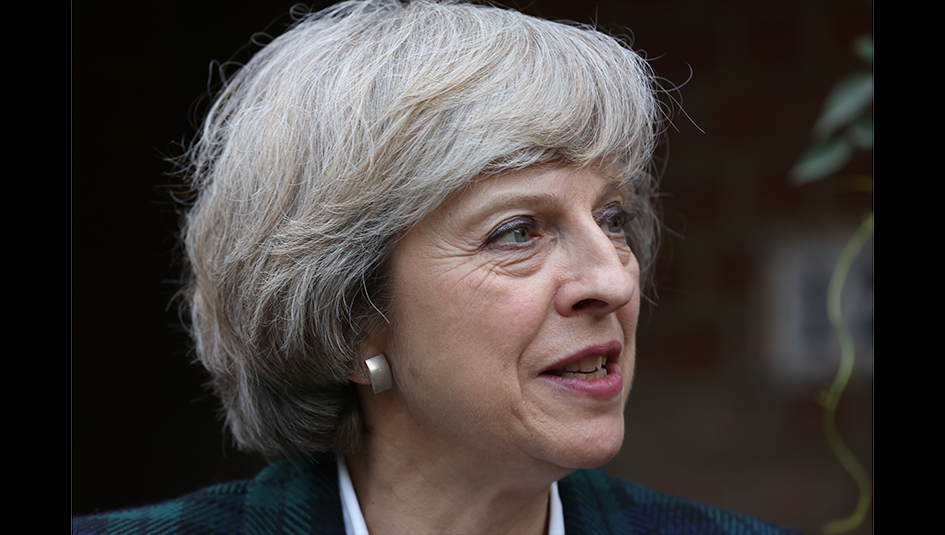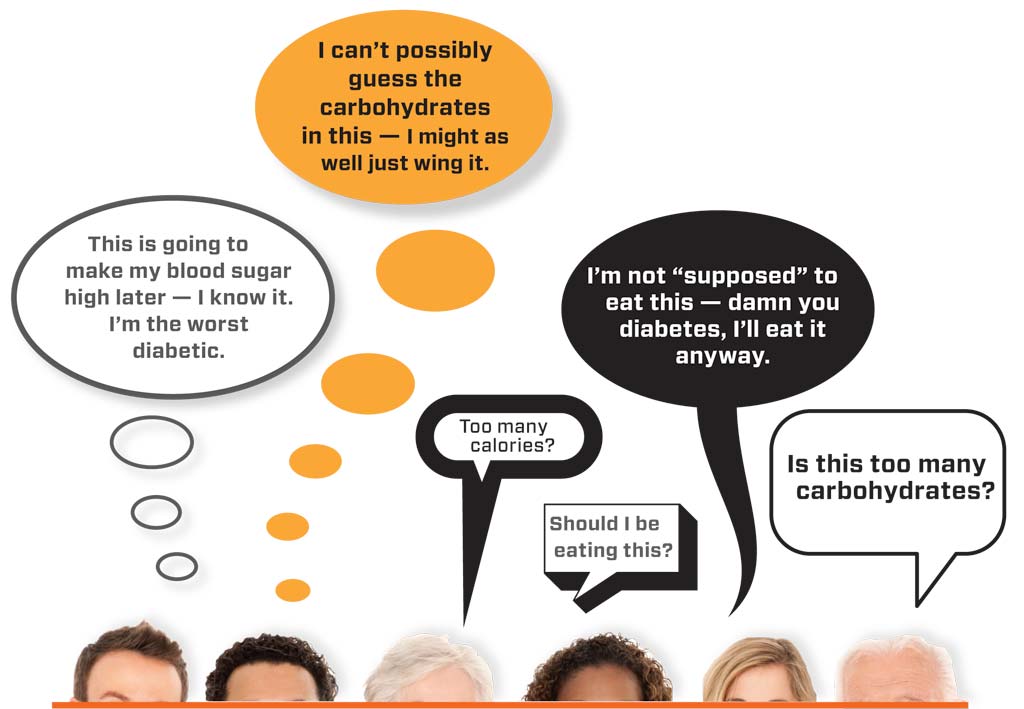Why Wasn’t Theresa May’s Type 1 Diabetes an Issue?
Commentary
When Theresa May became prime minister of the United Kingdom this past week, it represented a major milestone for the Type 1 community. Whether you agree with May’s politics or not, her appointment as head of state for a major democracy is a validation that people with Type 1 are capable of anything.
I should be completely happy about this. Instead, I’m a bit confused. That’s because I can’t shake the feeling that it shouldn’t have been this easy for her to win over her political party and gain the post of prime minister – and Type 1 diabetes should have been the reason.
Let me clarify – I’m glad her diabetes wasn’t an issue; I’m just surprised it wasn’t. There are countless stories of people with Type 1 being barred from employment or fired from jobs, justly or unjustly, because of their diabetes. Despite this, Theresa May has ascended to arguably the most important job in the UK.
Elections, even British elections, aren’t polite – they’re more like a bloodless version of Game of Thrones. Usually, if there is any hint of a medical condition that could impair a candidate’s ability to govern, it will be used against that candidate.
Here are some recent examples in U.S. politics:
- In 1972, George McGovern was already facing an uphill battle to unseat Richard Nixon when it was revealed that his first choice for vice-president, Tom Eagleton, had been hospitalized for depression several times. Eagleton eventually was removed from the ticket, and McGovern lost.
- In 1984, Ronald Reagan had to fend off questions of his age as he campaigned for a second term, and he famously used those doubts as a punchline during a debate.
- In 2008, Barack Obama was the picture of health when he ran for president, except for the fact that his doctor’s report said he was using nicotine gum to curb his smoking habit. He tried to defend his attempts to quit smoking on the nightly news.
British politics may lack the long election cycles needed to build up the same kind of momentum for negative storylines, but there’s still enough time for candidates to engage in personal mudslinging. May became prime minister largely because she was considered one of the only “adults” left in her party, as other candidates succumbed to backbiting after the Brexit vote. Andrea Leadsom, who also wanted to be prime minister, got into hot water when she tried to suggest that she was more qualified than May because she had children and May did not.
I’m left with the unsettling feeling that May was spared from answering harsh questions about her health because of the public’s general ignorance of Type 1 diabetes. It could be that the public just heard “diabetes” and saw May looked thin and in good health and left it at that. If so, they wouldn’t truly have considered the daily struggle people with Type 1 on insulin therapy face.
This has happened before. Professional sports is another field where every potential physical problem is scrutinized endlessly, especially on talk radio, except Type 1 diabetes. I’ve never heard anyone discuss whether quarterback Jay Cutler has had trouble balancing his blood sugar levels when he struggles, nor when any pitchers with Type 1 seem to tire or get injured.
Ignorance about Type 1 diabetes is often a curse, but it can sometimes be a blessing. The lack of discussion about May’s diabetes may be a good indication of how much work needs to be done to raise awareness about Type 1 diabetes. But if it helped her gain the post of prime minister, and if she does a good job at the post, then she becomes a shining example of the capabilities of people with Type 1.
Thanks for reading this Insulin Nation article. Want more Type 1 news? Subscribe here.
Have Type 2 diabetes or know someone who does? Try Type 2 Nation, our sister publication.








